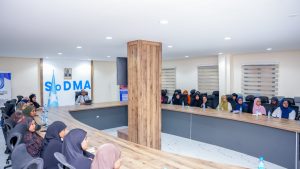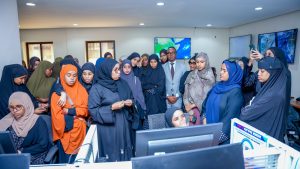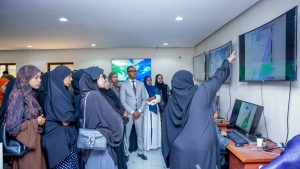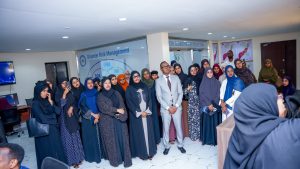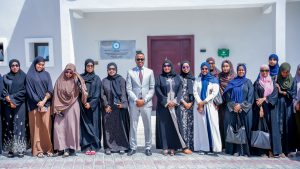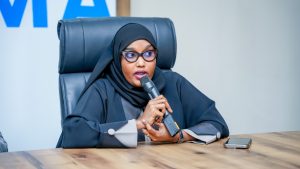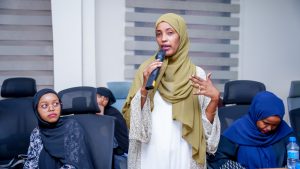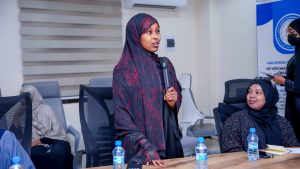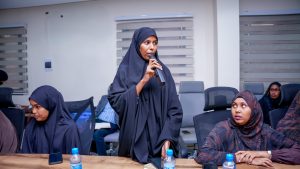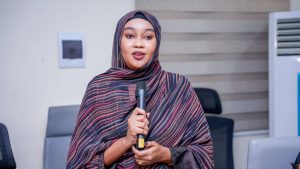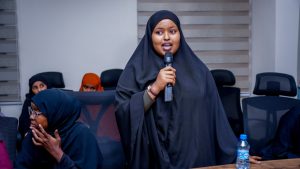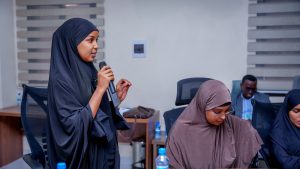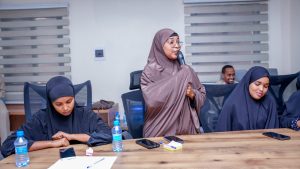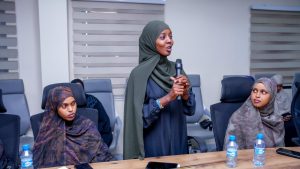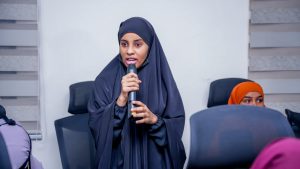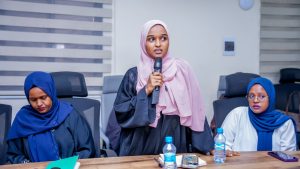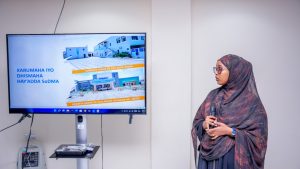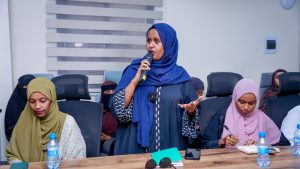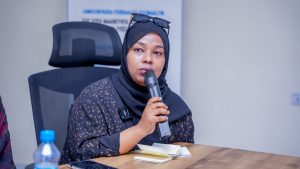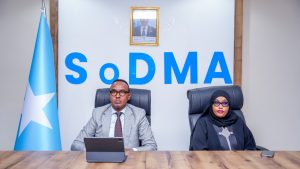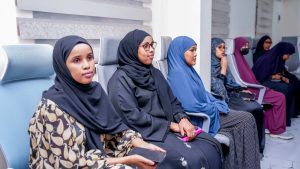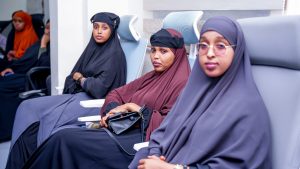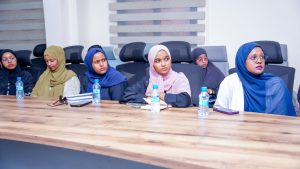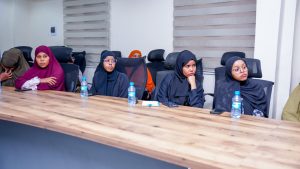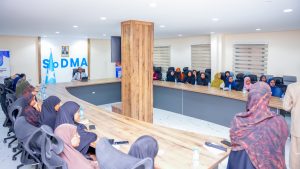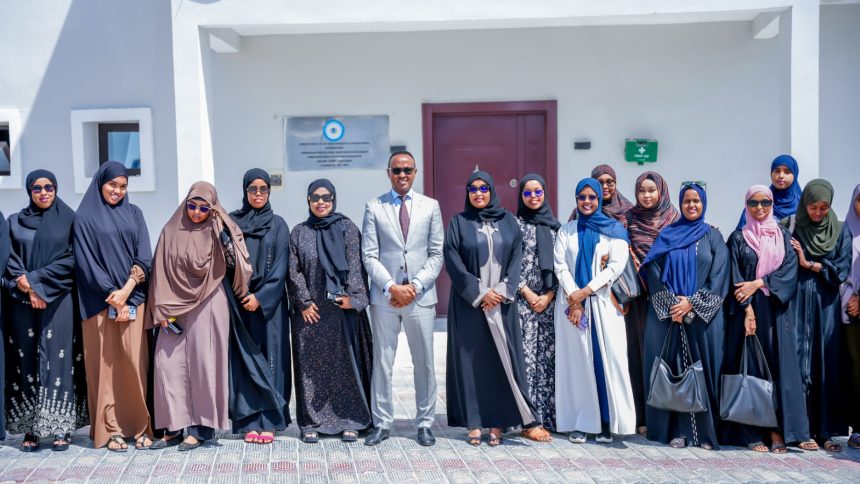Mogadishu, Somalia – The Somali Disaster Management Agency (SoDMA) recently convened an assembly of distinguished female scholars with a shared commitment to disaster risk reduction and management. This landmark meeting emphasized the crucial role that women play in enhancing relief efforts, fostering disaster resilience, and mitigating the impacts of climate change, thus contributing to more inclusive and effective humanitarian work.
In Somalia, it is a sobering reality that 70% of humanitarian crises predominantly affect women and children. These vulnerable populations often find themselves at the forefront of various precarious situations, including displacement due to conflicts and natural disasters, gender-based violence, and lack of access to essential services. In response, SoDMA has proactively engaged female scholars who are dedicated to conducting research aimed at providing sustainable solutions to these challenges.
The assembly, orchestrated by SoDMA, saw participation from women with considerable societal influence who have dedicated their lives to solving community issues. These women shared invaluable insights on the recurrent crises in the country, offering a unique perspective crucial for developing holistic and inclusive strategies to tackle disaster-related challenges.
The Commissioner of SoDMA, Mohamud Maalin, played an important role in this initiative. During the discussions, he actively listened to the contributions of the female scholars and expressed his commitment to collaborating with them. Commissioner Maalin emphasized SoDMA’s belief in the principles of inclusivity and deeply valued the input of women in the country. He assured the participants that their voices would play a significant role in shaping the agency’s policies and actions moving forward.
The female scholars highlighted several key areas where their expertise could enhance relief efforts. They proposed innovative approaches to disaster risk reduction, emphasizing the need for gender-sensitive strategies that address the specific needs of women and children. By integrating these approaches into disaster management plans, the resilience of communities can be significantly bolstered.
Moreover, the scholars stressed the importance of local knowledge and community-driven solutions. They advocated for empowering local women to take active roles in disaster preparedness and response efforts, fostering a sense of ownership and accountability within the communities.
The meeting also showed the need for academic research in understanding and mitigating the impacts of climate change on vulnerable populations. The scholars called for increased support for research initiatives focusing on the intersections of gender, disaster risk, and climate resilience. By generating robust data and evidence-based insights, they aim to inform policy decisions and drive impactful actions addressing the root causes of vulnerability.
This gathering marks a pioneering step forward in recognizing and harnessing the potential of female scholars in disaster risk reduction and management. It serves as a prove to SoDMA’s commitment to fostering inclusivity and ensuring that the voices of women are integral to the nation’s humanitarian efforts.
